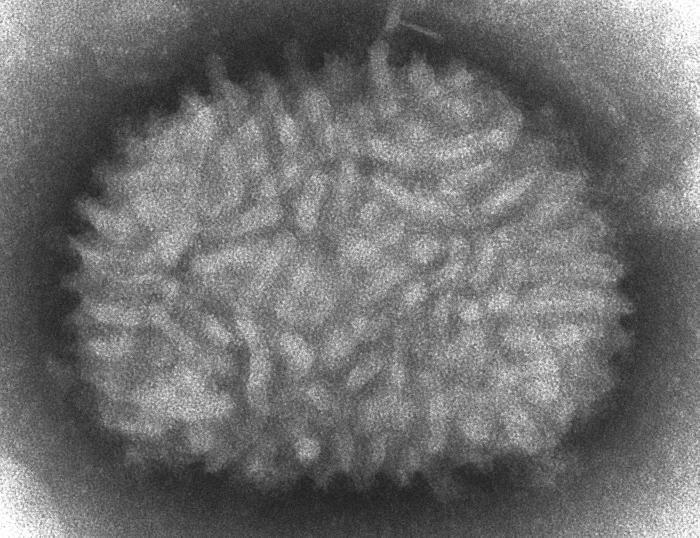
Transgene’s licenced oncolytic virus fails in Phase III
SillaJen, the licensor for French immunoncology specialist Transgene SA, has stopped enrolment into the Phase III Phocus trial after an Independent Data Review Comittee predicted the study endpoint won't be met.
The interim futility analysis focussed on the question if the oncolytic virus Pexa-Vec (pexastimogene devacirepvec) plus sorafenib (Nexavar, Bayer) will met the primary endpoint of improving overall survival in treatment-naive patients with advanced-stage hepatocellular carcinoma compared to sorafenib alone. The trial enrolling 600 subjects was conducted by South-Korean SillaJen Inc, who bought Jennerex Biotherapeutics, Inc, along with Pexa-Vec, for just $100m upfront in 2014 held the Middle Eastern and North-American rights while Transgene had European commercialisation rights. It’s open if Jennerex and Transgène will receive outstanding milestone payments as SillaJen focussed its entire pipeline on mono and combination therapies to Pexa-Vec.
SillaJen did not report any security issues on Pexa-Vec, a thymidin kinase-depleted, attenuated vaccinia virus expressing GM-CSF as an immunostimulant, which theoretically only proliferates in tumour environments that provide high external kinase activity. Secondary objectives included tolerance and evaluation of tumour responses in both arms of the trial in terms of time to progression, progression-free survival, overall response rate, and disease control rate.
Pexa-Vec was designed to selectively target and destroy cancer cells through different mechanisms of action: necrosis (lysis) of the tumor by replication of the virus, suppression of tumor vascularisation, and stimulation of the antitumor immune response.
In a small Phase II study, results from 30 patients with advanced liver cancer showed that patients receiving the high dose had a statistically significant clinical improvement in overall survival compared to the low dose group. Median overall survival was 14.1 months in the high-dose group and 6.7 months in the low-dose group respectively, which compared favorably with Nexavar in which overall survival amounted to a median 12.3 months. Since last year, the standard of care is changing, as Eisai/Merck & Co’s Lenvima secured a first-line label by a median OS of 13.6 months.



 adobe.stock.com - ipopba
adobe.stock.com - ipopba BioDlink
BioDlink